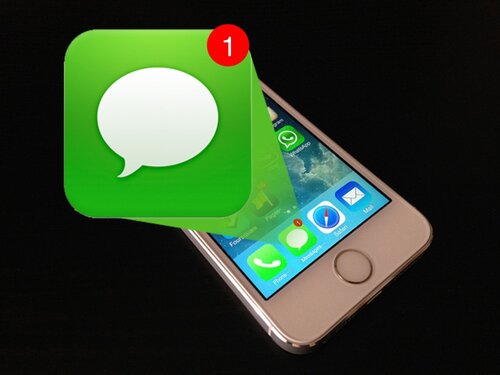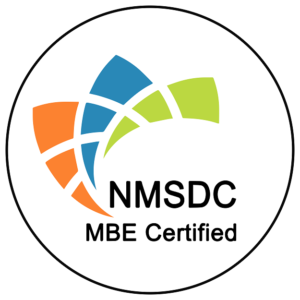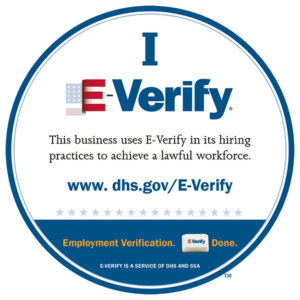It’s never been harder to fill work vacancies quickly and efficiently with today’s low unemployment rate and the advent of employee ghosting. As always, communication remains the key to nudging applicants down the recruiting funnel, but a fight can be made to get in touch with email and phone tag.
Now, as a way to resolve the obstacle, an increasing number of recruiters have turned to SMS Recruiting . Here are a few advantages of incorporating SMS recruitment in your organization:
SMS Recruiting Benefits
Reach candidates anywhere
Odds are that most of the work applicants have full-time jobs already. Many individuals do not feel relaxed on a work-issued machine checking their personal emails or do not want to look for jobs around prying eyes. During the workday, a short text message can be a perfect way to discreetly contact a candidate on their personal computer.
Get fast responses
Need a quick reply? Texting is perhaps your best bet. Aside from being more difficult to ignore, a faster response is typically created by texting. Around 121 emails a day are received by the average American, so your message can easily get lost in the crowded inbox of a candidate. On the other hand, an average of 80 times a day, people check their phone, meaning your text message is more likely to be noticed. Texting increases the probability that candidates read and respond to your message quickly, which can be particularly helpful for confirmations or adjustments to last-minute interviews.
Send personalized, timely texts
Texting can be a perfect way for you and your team to go the extra mile with candidates at a time when companies are trying to distinguish themselves from rivals. Sending personalized, timely texts will help create a favorable image of your business and greatly enhance your experience with the nominee. Sharing changes in the interview lineup, directions to your office, and other logistical things will help set the standards of applicants and put them at ease.
Promote informal conversations
Texting also facilitates two-way contact that is more informal. After an interview, texting an applicant gives you an opportunity to thank them for their time, remind them when they will hear about the next steps, and give them an opportunity to ask any outstanding questions during the interview that they may not have had the opportunity to ask. A fast exchange of SMS will make your applicants feel as though they can meet the recruiter as appropriate.
Boundaries Setting
Although those are a couple of the advantages of texting work seekers, you need to prevent a few pitfalls. Sending a text message to someone on their personal cellphone may be offputting if done incorrectly. Sit down with your team and set up a set of guidelines to guarantee that messages are welcome, timely, and professional. When designing your recruitment and texting instructions, here are five things to remember.
1. Give candidates the option
Make sure you reach out to applicants when they want to be reached and when they want. Offer your candidates the opportunity to opt-in during your application process to receive text messages by asking them to designate their preferred contact form (email, phone, or text). That way, when a text from you shows up on their phone, no one is shocked.
2. Get Introduced Always
Always remember to mention your name and business when reaching out to others for the first time. Although you may have their phone number stored on your phone, they might not have yours. Save them the humiliation of asking “Who is this?” “if a text pops up from an unknown number.
3. Remain, Professional
Remember your audience you’re not texting your friends. That means no shorthand, no emojis, and no gifs. Hey! See you Next Tuesday 4 job interview? doesn’t convey the polished, professional tone you want as part of your candidate experience. Keep your messages brief and professional, while still honoring your company’s brand voice, to put your best foot forward.
4. Defining working hours
Although most individuals have 24/7 phones in their arms, that doesn’t mean you can text them at any moment. May not contact applicants outside of regular business hours. One survey found that the majority of job seekers prefer to receive texts between 8 a.m. And 12 p.m. Respect the personal lives of your applicants and if it gets too late, hold off on sending messages. You should wait until the next day for your post.
Conclusion
Although texting can be an integral part of the applicant experience of your company, it is not always the best way to persuade applicants that you are the one. SMS Recruiting is a compliment to the already solid branding of employers. The ideals, mission, and community of your business all express what makes your organization a great place to work.














